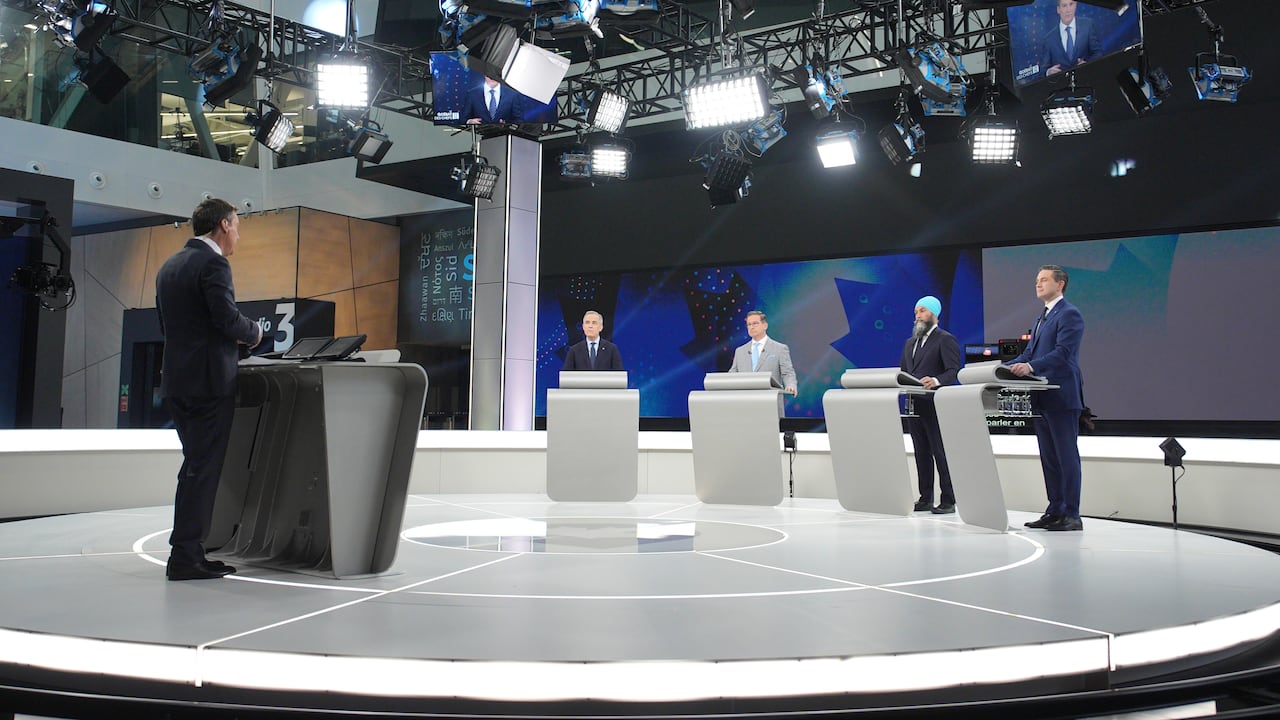US Leaders' Boycotts: Unveiling the Hidden Costs of Trade Wars
Editor's Note: The impact of US leaders' boycotts on global trade is a complex issue with far-reaching consequences. This in-depth analysis reveals surprising insights into the unforeseen costs of such actions.
Why It Matters: Understanding the ramifications of US-led boycotts is crucial for businesses, policymakers, and citizens alike. This article delves into the economic ripple effects, geopolitical implications, and the long-term consequences of these trade actions, providing a comprehensive overview of the "trade war product." We'll explore key sectors affected, analyze shifting global alliances, and examine potential solutions for mitigating future economic disruptions.
Key Takeaways of US Leaders' Boycotts:
| Takeaway | Description |
|---|---|
| Economic Disruption: | Significant negative impact on targeted economies and unintended consequences globally. |
| Geopolitical Shifts: | Realignment of global alliances and the rise of new trade partnerships. |
| Consumer Impact: | Increased prices for goods and services, affecting consumer purchasing power. |
| Unforeseen Consequences: | Unexpected negative impacts on domestic industries and employment. |
| Long-Term Sustainability: | Questions regarding the long-term viability and effectiveness of boycott strategies. |
US Leaders' Boycotts: A Deeper Dive
Introduction: The strategic use of boycotts by US leaders as a tool in international relations has yielded mixed results. While intended to pressure target nations, these actions often create unintended consequences, impacting global trade and economic stability. This article examines these impacts in detail.
Key Aspects: The key aspects to consider include the economic impact on both the target country and the US, the geopolitical implications, and the long-term effects on global trade relations.
The Economic Impact: A Two-Sided Coin
Introduction: The economic impact of US-led boycotts is multifaceted, affecting both the targeted nation and the US itself. Often, intended to cripple a specific industry or sector, the consequences frequently extend far beyond initial projections.
Facets:
- Roles: Boycotts disrupt established trade routes, impacting producers, exporters, importers, and consumers across multiple countries.
- Examples: The impact on specific industries (e.g., technology, agriculture) due to boycotts can serve as case studies of the economic fallout.
- Risks: Unintended consequences include job losses, reduced economic growth, and increased inflation in both participating and affected nations.
- Mitigation: Diversification of trade partners, development of domestic industries, and fostering alternative supply chains can reduce vulnerability.
- Impacts: Long-term effects include a restructuring of global supply chains and potential shifts in economic power.
Summary: The economic effects are complex and often unpredictable, requiring careful consideration and comprehensive risk assessment before implementing a boycott.
Geopolitical Implications: Shifting Sands
Introduction: US-led boycotts trigger significant geopolitical shifts, reshaping international alliances and trade relationships. These actions often inadvertently strengthen ties between the targeted nation and other countries.
Further Analysis: Boycotts can push nations closer to their adversaries, fostering new alliances based on shared grievances. This can lead to increased regional instability and exacerbate existing tensions.
Closing: The geopolitical fallout from boycotts can far outweigh immediate economic gains, creating long-term challenges to international stability and cooperation.
Information Table: Key Boycott Case Studies
| Boycott Target | Year | Primary Goal | Economic Impact (Target) | Geopolitical Impact | Long-Term Consequences |
|---|---|---|---|---|---|
| [Example 1: Country A] | [Year] | [Goal] | [Description] | [Description] | [Description] |
| [Example 2: Country B] | [Year] | [Goal] | [Description] | [Description] | [Description] |
| [Example 3: Country C] | [Year] | [Goal] | [Description] | [Description] | [Description] |
FAQ
Introduction: This section addresses common questions surrounding the effectiveness and consequences of US leaders' boycotts.
Questions:
- Q: Are boycotts effective in achieving their stated goals? A: Effectiveness varies widely, often falling short of expectations due to unintended consequences.
- Q: What are the ethical considerations of boycotts? A: Ethical concerns arise regarding potential harm to innocent civilians and the long-term impact on human rights.
- Q: How do boycotts affect global supply chains? A: They disrupt established trade routes, leading to shortages and price increases.
- Q: What alternatives exist to boycotts? A: Diplomacy, targeted sanctions, and international cooperation are often more effective alternatives.
- Q: How do boycotts impact smaller businesses? A: Smaller businesses are particularly vulnerable to disruptions caused by boycotts.
- Q: What role does public opinion play in the success or failure of a boycott? A: Public support is crucial for a boycott's effectiveness; without it, it may prove ineffective.
Summary: The effectiveness and consequences of boycotts are multifaceted, with ethical and economic considerations that require careful assessment.
Tips for Navigating the Trade War Landscape
Introduction: Businesses and policymakers can take steps to mitigate the risks associated with trade wars and boycotts.
Tips:
- Diversify Supply Chains: Reduce reliance on single-source suppliers.
- Invest in Domestic Production: Increase domestic manufacturing to reduce dependence on imports.
- Develop Alternative Trade Partnerships: Explore new trade relationships to reduce vulnerability.
- Monitor Geopolitical Risks: Stay informed about shifting global alliances and trade policies.
- Lobby for Trade Agreements: Advocate for trade agreements that protect national interests.
- Build Strong Relationships with Suppliers: Foster strong and reliable relationships to ensure stable supply.
Summary: Proactive measures can help mitigate the negative impacts of trade wars and boycotts, promoting resilience and long-term stability.
Summary of US Leaders' Boycotts: Unveiling the Hidden Costs
Summary: This article explored the multifaceted consequences of US leaders' boycotts, analyzing their economic, geopolitical, and ethical implications. The analysis revealed the often-unintended negative effects and the need for a more nuanced approach to international relations.
Closing Message: (Conclusión en español): El análisis demuestra la necesidad de una estrategia más matizada en las relaciones internacionales, priorizando el diálogo y la cooperación sobre las acciones unilaterales que pueden generar consecuencias imprevistas y perjudiciales a largo plazo. Es crucial considerar las implicaciones a largo plazo de cualquier decisión política en el contexto del comercio global.

